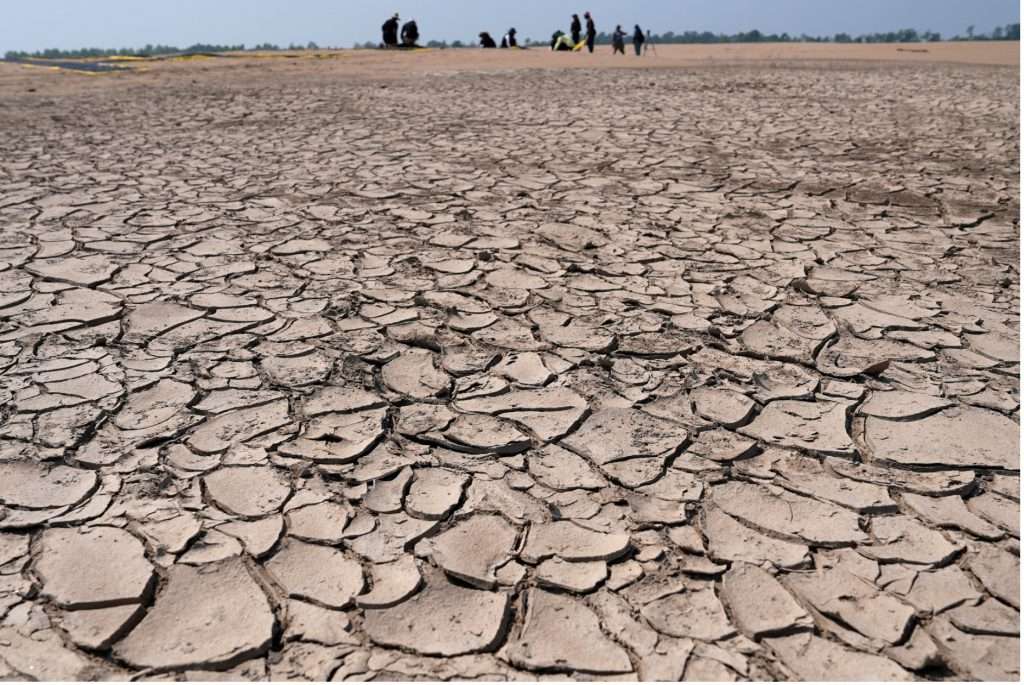Morocco boosts desalination and water transfers amid drought

According to The Arab Weekly and agencies on 14th June, Morocco is ramping up its investment in desalination plants, water transfer projects, and new dams to ease the effects of a persistent drought and meet growing demand from both agriculture and cities, Water Minister Nizar Baraka said.
Years of drought have placed immense pressure on water resources, shrinking the country’s cattle herd and fueling food price inflation and growing unemployment.
Morocco currently operates 17 desalination plants, with four more under construction and plans for nine additional facilities. The aim is to reach a total desalination capacity of 1.7 billion cubic metres per year by 2030, Baraka explained during a conference on water challenges hosted by Medias24 in Casablanca on 10th June.
While desalinated water is not expected to be used directly for growing water-intensive cereal grains due to cost and scale, it will enable greater allocation of dam water for agricultural irrigation.
Improvement in this year’s rainfall – although still below average – raised dam storage levels to 39.2% as of 11th June, up from 31% a year earlier, Baraka said.
Meanwhile, agricultural activity employing groundwater resources has continued to grow alongside a strong export industry for fresh produce destined for European markets.
“There’s a mismatch between the pace of agricultural policy and water policy, exacerbated by climate change,” Baraka said.
Some water-intensive crops, such as melons, have been banned in Tata, while their cultivation has been reduced by 75% in Zagora – two key growing areas in the country’s arid south.
With rain falling unevenly across the country, a major water transfer project – already linking water-rich northwest to Rabat and Casablanca – is set for extension by 2030. This expansion will enable additional delivery to dams that aid farmers in the drought -stricken Doukala and Tadla regions.
The water transfer is supported by funding from the UAE, under a deal that also includes the installation of a 1,400 km power transmission line by 2030 to carry renewable energy generated in the south to desalination facilities across the country.
“Using renewable energy will help significantly reduce water costs,” Baraka said.
The Arab Weekly/ Agencies/ Maghrebi.org
Want to chase the pulse of North Africa?
Subscribe to receive our FREE weekly PDF magazine














